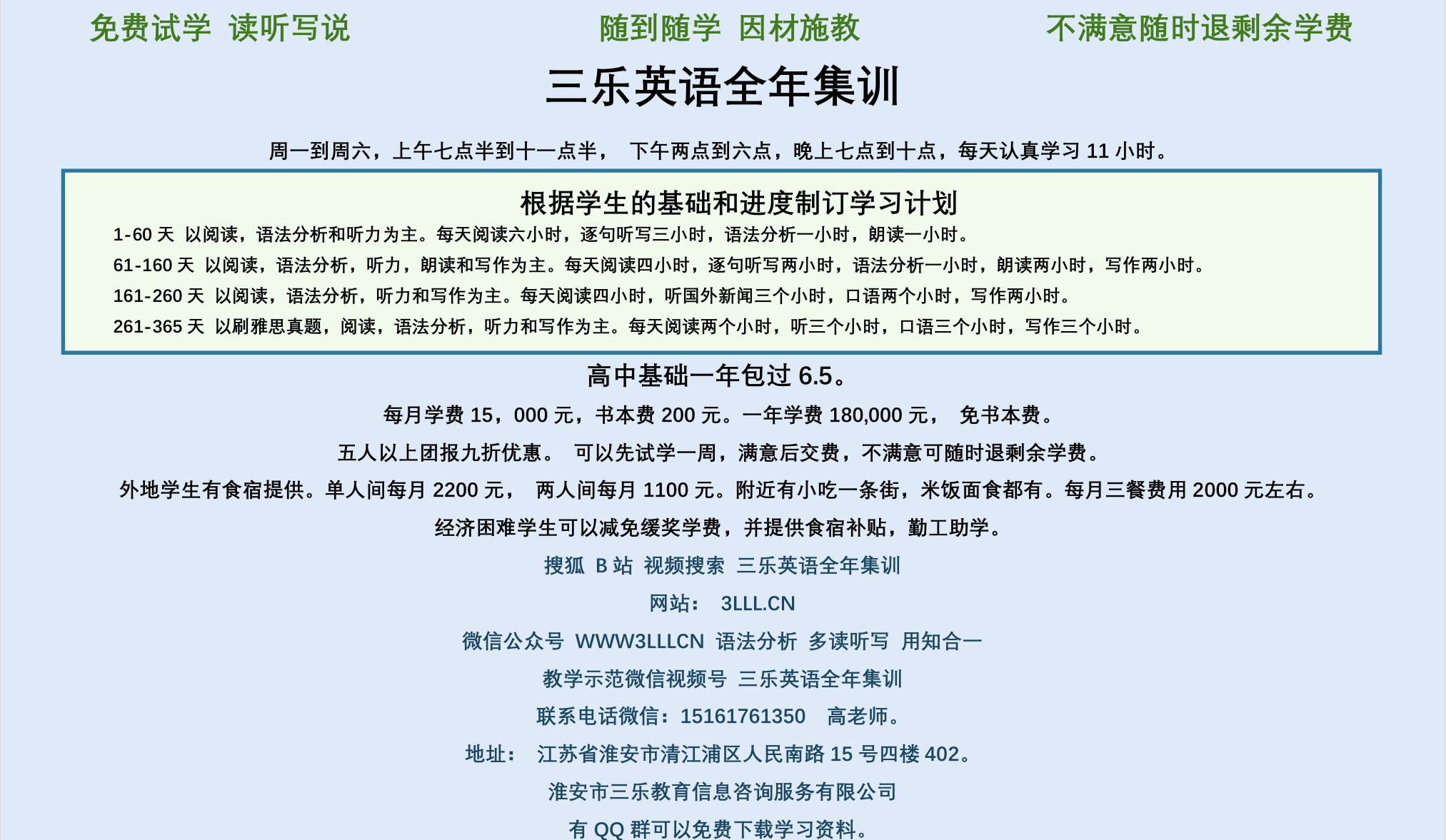🗣 SL提问: 中央银行增加外汇储备引起货币供应量减少
✍️ Ai批改: Step 1: Understand the role of central banks in managing foreign exchange reserves.
Central banks manage a country's foreign exchange reserves, which are assets denominated in foreign currencies used to back its own currency and absorb shocks in the foreign exchange market.
Step 2: Recognize how an increase in foreign exchange reserves affects the money supply.
When a central bank increases its foreign exchange reserves, it typically does so by buying foreign currencies on the foreign exchange market、This action involves selling the domestic currency to purchase foreign currencies.
Step 3: Analyze the effect of the central bank's action on the domestic money supply.
The sale of domestic currency to buy foreign currencies can potentially increase the domestic money supply if the transaction directly injects more domestic currency into the economy、However, the central bank's actions can be sterilized or not, depending on its monetary policy goals.
Step 4: Understand the concept of sterilization.
Sterilization occurs when a central bank offsets the effects of its foreign exchange interventions on the domestic money supply、For example, if a central bank buys foreign currencies (thus potentially increasing the domestic money supply), it can sell government securities or take other actions to absorb the excess liquidity and prevent the money supply from increasing.
Step 5: Consider the specific scenario of an increase in foreign exchange reserves.
If a central bank increases its foreign exchange reserves by buying foreign currencies, this action can lead to an increase in the domestic money supply because it is injecting more domestic currency into the economy、However, if the central bank sterilizes this intervention, it can prevent the money supply from increasing.
Step 6: Determine the effect on money supply when the central bank increases foreign exchange reserves.
Without sterilization, an increase in foreign exchange reserves tends to increase the money supply because the central bank is effectively injecting more domestic currency into the economy by buying foreign currencies、With sterilization, the central bank can neutralize this effect.
Step 7: Address the statement directly.
The statement 中央银行增加外汇储备引起货币供应量减少 translates to Central bank increases foreign exchange reserves causing money supply to decrease、Normally, an increase in foreign exchange reserves would lead to an increase in the money supply if not sterilized、Sterilization can prevent this increase.
Step 8: Conclude based on the understanding of central bank operations and monetary policy.
The statement is generally incorrect because increasing foreign exchange reserves typically leads to an increase in the money supply unless the central bank sterilizes the intervention.
The final answer is: $\boxed{B}$
0
IP地址: 218.24.230.60
搜索次数: 17
提问时间: 2025-06-16 18:43:00
❓️ 热门提问:
凯旋国际外汇平台
gbp外汇
详细介绍域名www.musk.pink的含义、价值与适合的行业。
ai智能 软件
炒外汇的风险大还是期货大
纽约黄金期货技术分析
黄金戒指回收一般多少钱每克
gold oil
华安鼎丰债券发起式A
理财黄金怎么看
豌豆Ai站群搜索引擎系统
🤝 关于我们:
三乐Ai
作文批改
英语分析
在线翻译
拍照识图
Ai提问
英语培训
本站流量
联系我们

📢 温馨提示:本站所有问答由Ai自动创作,内容仅供参考,若有误差请用“联系”里面信息通知我们人工修改或删除。
👉 技术支持:本站由豌豆Ai提供技术支持,使用的最新版:《豌豆Ai站群搜索引擎系统 V.25.05.20》搭建本站。

















